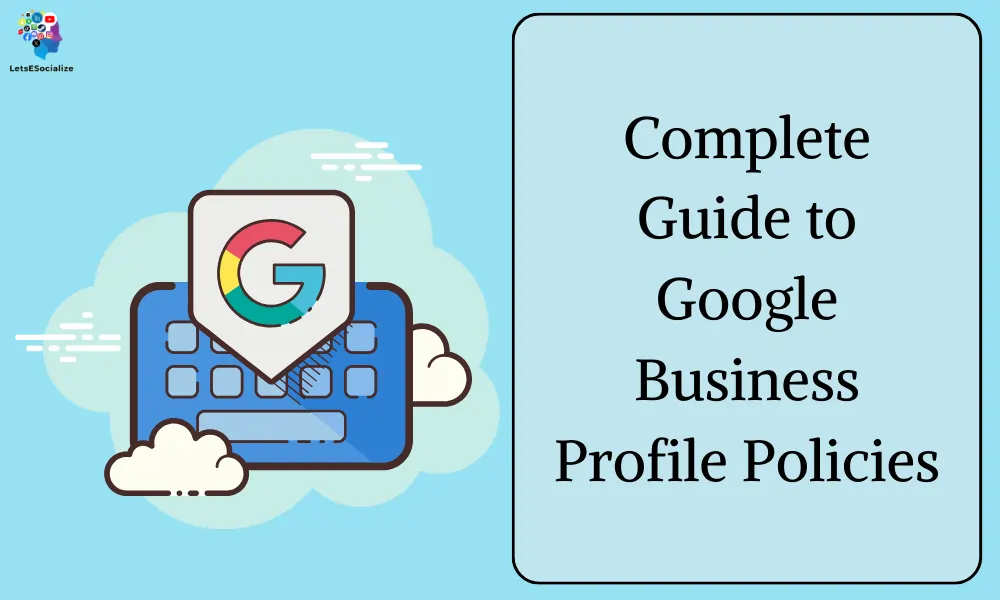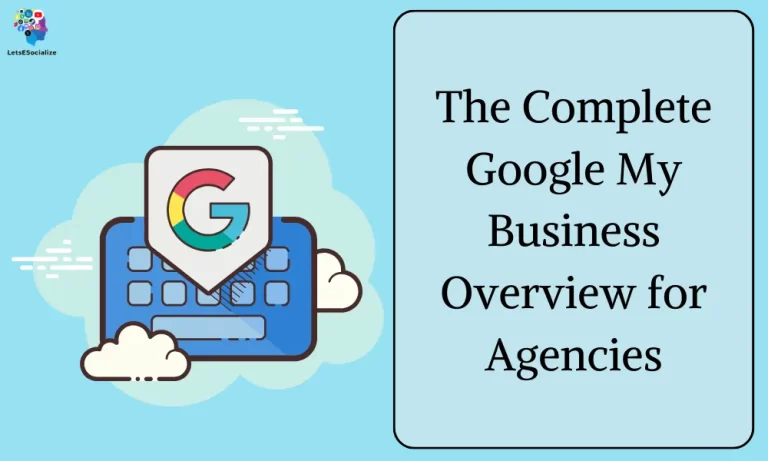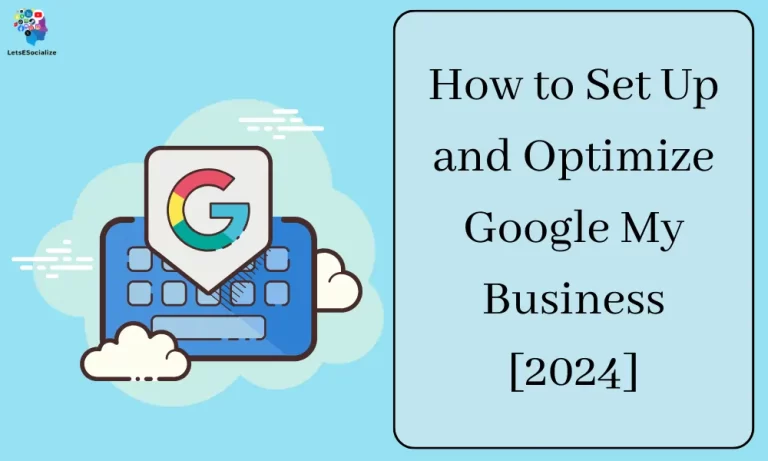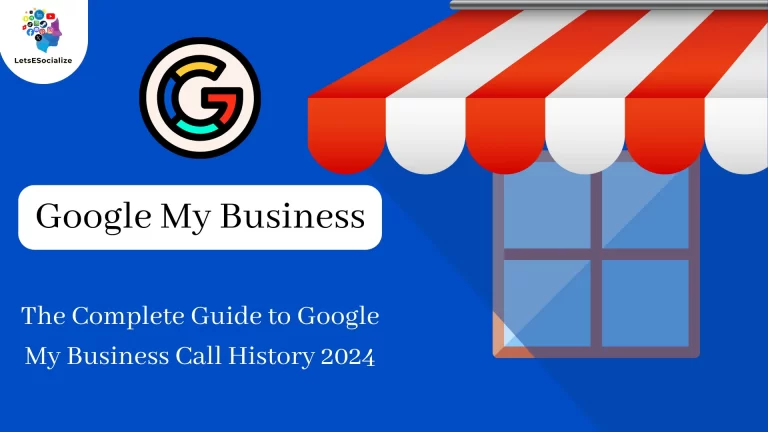Complete Guide to Google Business Profile Policies, formerly Google My Business, allow companies to manage their business information displayed on Google Search and Maps. To maintain organized and useful business listings, Google has established Business Profile policies that must be followed.
Table of Contents
Violating Google’s guidelines can lead to suspensions, so every business should understand what is and isn’t allowed. This guide will cover:
- The benefits of adhering to Google Business Profile policies
- Content policies for titles, descriptions, and other fields
- Things to avoid like keyword stuffing and misleading info
- Policies around reviews, images, and other features
- Rules regarding claimed businesses and categories
- Best practices for monitoring and staying compliant
By following Google’s policies, your business can present accurate info to customers and avoid disruptions. Read on to learn what your Business Profile can and can’t do.
Why Following the Rules Matters for Your Listing

Google implements Business Profile policies and monitors compliance to:
- Maintain reliable business information that helps customers.
- Ensure a fair and consistent platform across all listings.
- Hold businesses accountable for their public content.
- Signal to search engines that listings represent real-world entities.
Some key benefits your business receives by adhering to Business Profile rules include:
- Avoiding suspensions that limit visibility. Non-compliant businesses can have their listings restricted or removed entirely.
- Increased discoverability and prominence in search results when profiles reflect real-world information users are seeking.
- Building trust and confidence with customers through accurate and transparent data.
- Qualifying for certain features, verified checkmarks, and integrations that require compliance.
- Maintaining your hard-earned reviews, images, and other Business Profile content you don’t want to lose.
While the guidelines may seem strict, they exist to facilitate useful, honest business representations across Google.
Also Read – Google My Business: A Guide to Google Business Profile
Title and Description Policies

The title and description fields in your Business Profile are critical for communicating to customers what your business offers and drawing them in. Google has several policies around how these fields should be managed:
- Titles must reflect the real-world name of the business and location as customers would expect to see them.
- Generic descriptions copy-pasted across similar businesses or overly keyword-stuffed descriptions are prohibited. Write unique descriptions that accurately convey your offerings.
- All content must be family-friendly with no profanity, personal attacks, or other objectionable content allowed.
- Listings can only represent real brick-and-mortar businesses that customers can physically visit or online/service-area businesses that serve a real region. Fake or deceptive business names and information are not permitted.
- For service-area businesses, the title should reflect the regions served and the description should indicate cities and areas customers can obtain your services.
Keep your title and description clear, factual, and aligned with real-world details customers would look for. This helps Google understand your business and users find you for applicable searches.
Avoiding Keyword Stuffing and Deceptive Info

Another important Google policy regards avoiding keyword stuffing and misleading or exaggerated details:
- Don’t cram keywords into titles and descriptions in an unnatural way. The text should sound conversational, not rigidly optimized.
- Don’t include claims you can’t substantiate or details designed to game the system rather than inform customers.
- Listing data like addresses and phone numbers should be real. Don’t falsify information with hopes of ranking for unrelated keywords and locations.
- Attribute copy should relate to attributes customers would care about, not just keywords targeted for optimization.
Google may also issue warnings or suspensions specifically for:
- Adding keywords or unrelated information in non-visible fields like Alt Text just for optimization benefits.
- Creating multiple listings for the same business and dividing keyword themes among them.
The takeaway is that all Business Profile information should be truthful, substantiated, and designed with the customer’s best interests in mind. Focus efforts on informative accuracy, not tricky optimization tactics.
Review and Image Policies

Google has extensive policies around reviews and images to prevent manipulation:
- Reviews must be from genuine customers describing real experiences. Friends/staff posting fabricated 5-star reviews can lead to suspensions.
- Images should showcase your actual business premises, offerings, staff, and customers. Stock photos or generic images can be rejected.
- Requesting customers leave positive reviews while withholding negative feedback is not allowed. Your review prompt process should be transparent and unbiased.
- Posting threatening, offensive, or personal rants in reviews violates policy even if based on a real experience. Keep responses constructive.
- All reviews and images should be family-friendly. Objectionable or explicit content is prohibited.
Google may remove reviews or images violating these policies. Multiple infractions can jeopardize your listing’s good standing.
Claimed Business and Category Rules
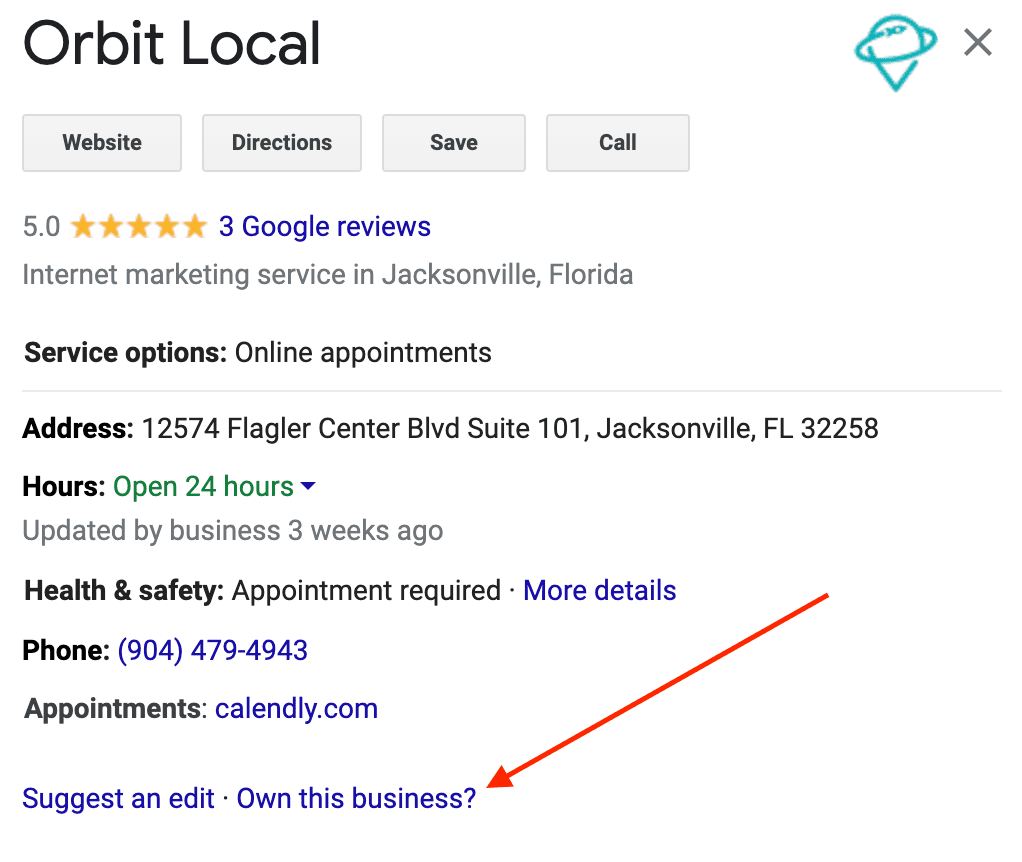
To prevent misleading claims, Google has rules around which businesses users can claim and categories they can be classified under:
- You must be able to prove direct ownership, management, or authorized representation of claimed businesses. Claiming competitors’ inactive listings is prohibited.
- Your category should precisely match the offerings and physical location type of your business. For example, claiming a service-area business but selecting a storefront category is not allowed.
- Business names in the title must match official registrations. Shortening or altering spellings or name wording requires documentation proving you operate under those names.
- Service area businesses must have valid licenses covering every region indicated in titles and descriptions.
- Only one listing is permitted per unique business entity and physical location. Duplicate or overlapping listings will be removed.
Closely follow category, name, and ownership rules to avoid having your listing suspended or banned for deceptive practices. Keep your profile aligned with your real-world business identity.
Also Read – Verifying Your Business: The Complete Guide
Best Practices For Staying Compliant

Here are some tips for proactively adhering to Google Business Profile policies:
- Thoroughly review Google’s official policy guidelines regularly to catch any changes. Updated content to remain compliant.
- Avoid any gray area optimization tactics that push boundaries. Optimizations should always benefit customers.
- Develop clear processes for collecting reviews and images ethically to prevent policy issues.
- Audit Business Profile content at least quarterly for potential issues Google could flag.
- Remove any misleading or irrelevant legacy information that no longer accurately represents your business.
- Respond cooperatively if Google flags possible policy violations for investigation, providing any information requested.
- Consult Google support if unsure whether potential changes to your listing conform to policy.
Staying in bounds may mean leaving some theoretical optimization opportunities on the table. But that’s better than risking disruptions to the discoverability of your business.
Conclusion
Google Business Profile’s policies aim to produce reliable and useful business listings. They exist to guide your optimization efforts toward what best serves customers rather than trick search engines.
Following the rules does require diligence. But doing so helps your business build trust and goodwill with Google and users alike. Your compliance efforts enable your listing to become a true digital representation of your real-world business identity.
Also Read – how to use LinkedIn for thought leadership

